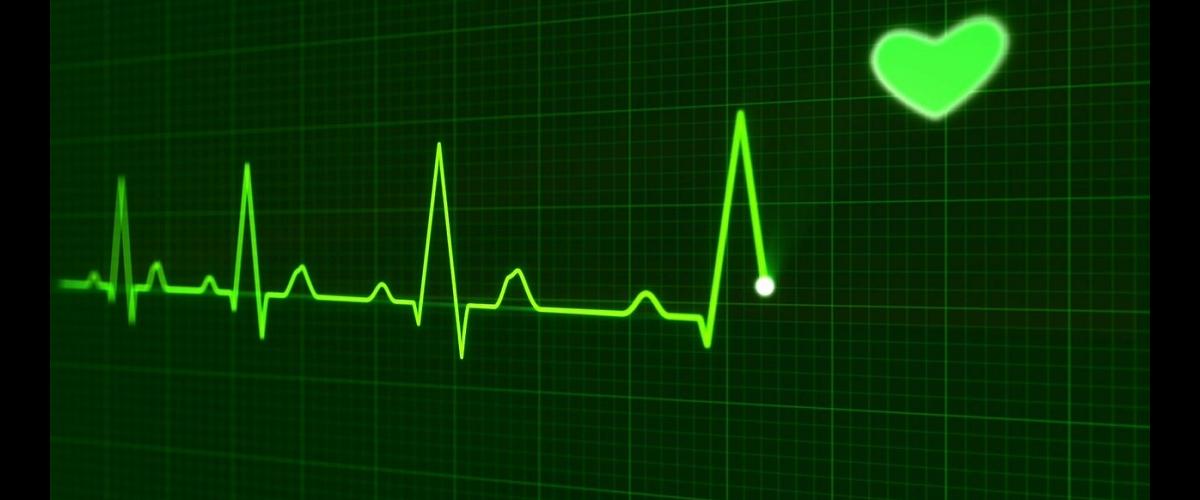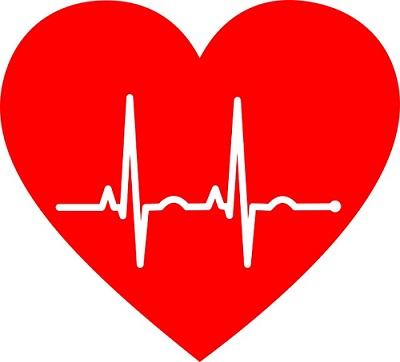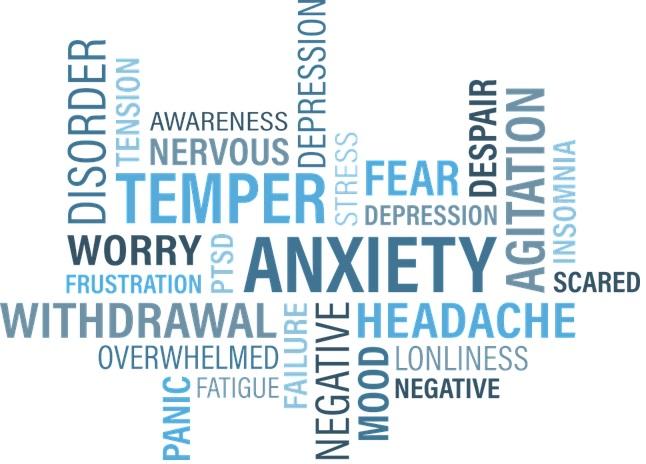- April 11, 2017
- Andrew Gibbs, PharmD
- Healthy Living

Stress is the body’s reaction to anything out of the ordinary. This is directly tied to our survival instincts, otherwise known as the fight-or-flight response.
When a person encounters a stressor (an uncommon stimulus that causes stress), the stress response is triggered.
Several changes instantly happen within multiple bodily systems during a stress response. Knowing these changes can be incredibly helpful when trying to deal with stress.
Short-Term
Stress hormones are released immediately after a person confronts a stressor.
Cortisol, the primary stress hormone, increases sugars in the blood stream while reducing bodily functions that aren’t essential in a fight-or-flight situation.
Adrenaline is also released during stress responses. Adrenaline is well-known for boosting several bodily functions; some of which are listed below.
You may recognize some of these short-term effects of stress:

- Headache
- Muscle Tension/Pain - The muscle tension brought on by stress is a common cause of tension headaches.
- Chest Pain
- Racing Heartbeat
- Fatigue
- Upset Stomach
- Spikes in blood pressure
- Shortness of breath
- Sweating
- Increase or decrease in appetite
- Dry mouth
Long-Term
Typically, the body will return back to normal stress levels after the stressor has gone away. In people with chronic (long-term) stress, the body fails to return to normal levels.
Their bodies sense danger even though there is no danger present. This can have a number of negative effects on the body.
Chronic stress can make existing health issues worse.
Stress can affect almost every system in the body. If chronic stress goes untreated, it can suppress the immune system, making it much more difficult to recover from illness.
In addition, long-term stress can cause flare-ups in digestive diseases like ulcerative colitis or Crohn's disease.
The body will dedicate energy to survival when it should be dedicating energy to healing itself.
Prolonged periods of stress may cause disease.
Stress can significantly weaken the immune system, leaving the person much more susceptible to illness. In addition, some people use unhealthy behaviors like smoking or excessive drinking to cope with stress. These behaviors can lead to disease in the long run.
There is also a possible link between stress and obesity. Keep in mind that stress can make people overeat. The article below outlines this further.
Chronic stress is also associated with heart disease. As mentioned before, stress instantly causes a spike in heart rate and blood pressure. This is fine as long as the heart can quickly return to normal levels.

That doesn’t happen in people suffering from chronic stress. The prolonged elevation of heart rate and blood pressure can damage the heart and ultimately cause heart disease.
Digestive problems
Contrary to popular belief, stress does not cause stomach ulcers. It can make them worse, however.
Stress can cause other digestive problems and impact which nutrients are absorbed during digestion. Overeating brought on by stress can damage the stomach & intestines.
Skin problems
Sometimes, people suffering from stress will develop breakouts of acne. Stress can also trigger flare-ups of existing skin problems, like psoriasis.
Trouble sleeping
People who suffer from chronic stress will often lie awake late at night and think about what is stressing them out, making it difficult to fall asleep. This can have negative impacts on the amount and quality of sleep.
Sleep is the body’s time for recovery. If you don’t get enough sleep and your sleep is low-quality your body will not recover properly.
Mental Effects

The mental effects of stress can often be just as harmful as the physical effects. Some of the mental effects can be managed effectively with simple strategies.
However, stress can also be extremely overwhelming. If you find that stress interferes with your daily life, go see a doctor or pharmacist.
Anxiety
Anxiety is characterized by racing thoughts and feelings of dread. It is often coupled with an elevated heart rate and chest pain in extreme cases.
Memory Problems
Stress mainly effects short-term memory recall, but it can also impact long-term memory.
Lack of Concentration
Thoughts tend to rapidly jump from one to the next. It can be difficult to concentrate on the task at hand because of intrusive thoughts related to stress.
Increased Negativity Towards Life
This is defined by having a negative outlook on everything. Think of it as trying to find the negative aspects of everything in life.
Depression
If you are feeling overwhelmed, don’t hesitate to reach out to the National Suicide Lifeline.
Post-Traumatic Stress Disorder
After a traumatic event, people can develop Post-Traumatic Stress Disorder (PTSD). The stress brought on by the event can cause flashbacks and periods of extreme stress. People suffering from PTSD should seek professional help.
Stress Management
Good news: a lot of the stress you encounter in everyday life can be managed through a variety of techniques. Some of them are quick fixes and others require a strong commitment to stress management.
Check out our stress management blog post for information on how to deal with stress.







